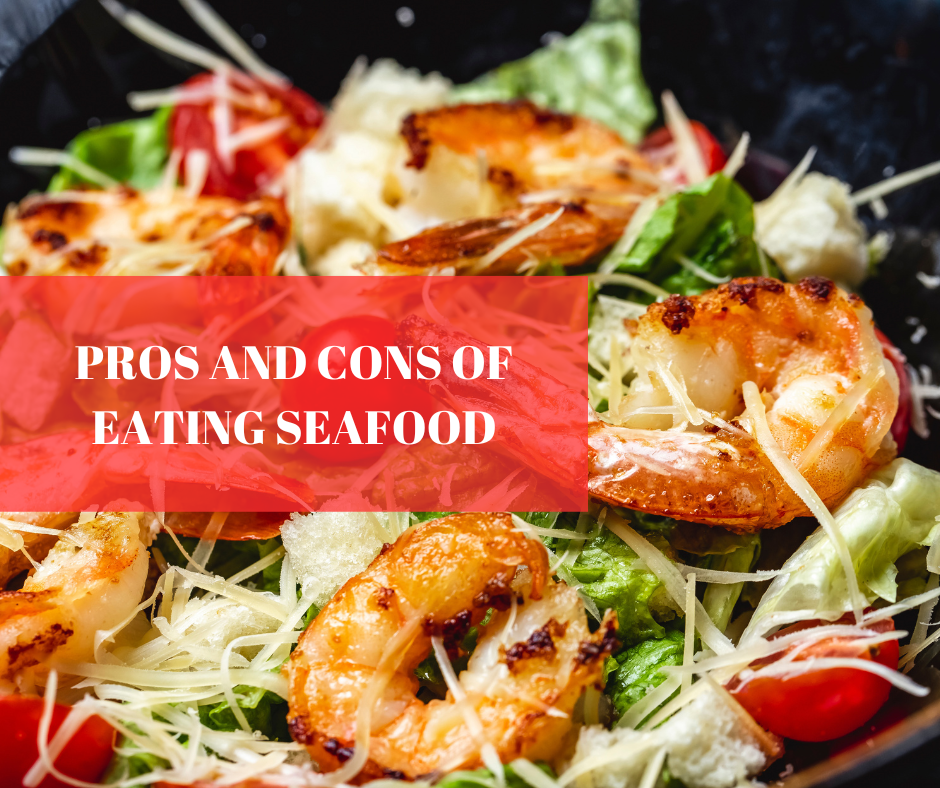Uncategorized
Pros and Cons of Eating Seafood: Dive into the Deep
Seafood is a delicious and versatile food enjoyed by people worldwide. But with its popularity come questions: is it good for us? What are the potential downsides? Let’s dive deep into the pros and cons of eating seafood.
Pros and Cons of Eating Seafood
Pros
Seafood offers a wealth of health benefits:
- Omega-3 Powerhouse: Fatty fish like salmon, mackerel, and sardines are packed with omega-3 fatty acids, crucial for brain health, reducing heart disease risk, and boosting mood.
- Protein Punch: Seafood is a naturally lean source of high-quality protein, essential for building and maintaining muscle mass.
- Vitamin Bonanza: Seafood is a treasure trove of vitamins, including vitamin D for strong bones, vitamin B12 for energy production, and vitamin A for healthy vision.
- Mineral Marvel: Seafood provides essential minerals, from selenium for antioxidant protection to iodine for proper thyroid function.
- Delicious Diversity: Seafood offers endless culinary possibilities, from the delicate sweetness of scallops to the robust flavors of tuna and shrimp, making it a versatile addition to any diet.
Cons
While seafood offers significant benefits, there are some potential downsides to consider:
- Mercury Concerns: Some fish, larger predatory species, can contain high levels of mercury, a toxic metal harmful to the nervous system. Pregnant women and young children should be particularly cautious about mercury intake.
- Environmental Impact: Overfishing and unsustainable practices can threaten marine ecosystems and biodiversity. Choosing sustainably sourced seafood is crucial to protecting our oceans.
- Allergic Reactions: Seafood allergies are common, causing symptoms like hives, swelling, and even difficulty breathing. Individuals with seafood allergies must avoid consuming seafood.
- Cost and Availability: Fresh seafood can be relatively expensive. They can access to quality seafood may be limited in certain areas.
- Contaminants and Pollutants: Some seafood can harbor contaminants like PCBs and heavy metals. It’s crucial to choose seafood from clean waters and avoid consuming excessive amounts.
Final Thoughts
Whether or not to incorporate seafood into your diet depends on your needs and preferences. By understanding the potential benefits and drawbacks, you can make informed choices about seafood consumption.
For a healthy diet, focus on adding a variety of seafood, especially fatty fish, while being mindful of potential contaminants and mercury levels. Go for sustainable seafood to protect the environment and support ethical fishing practices.
Remember, moderation is key. Enjoy seafood as part of a balanced diet alongside fruits, vegetables, and whole grains. By making informed choices, you can reap the numerous health benefits of seafood while minimizing the risks. Moreover, if you are in Abu Dhabi and looking for some tasty seafood, such as shrimp pasta, paella, and salmon bites, Fitness Food Factory would love to take pride in delivering the best service.


